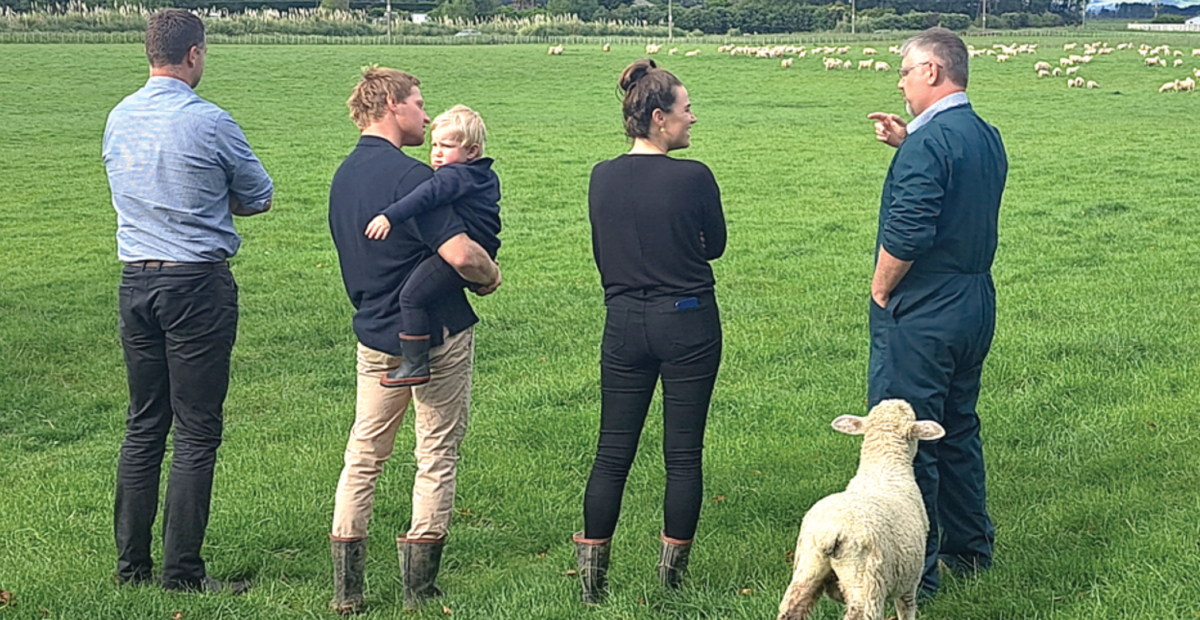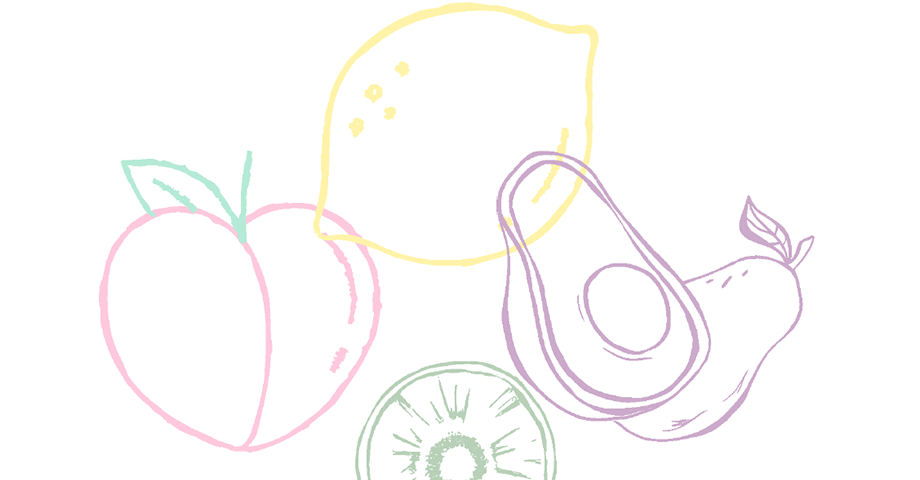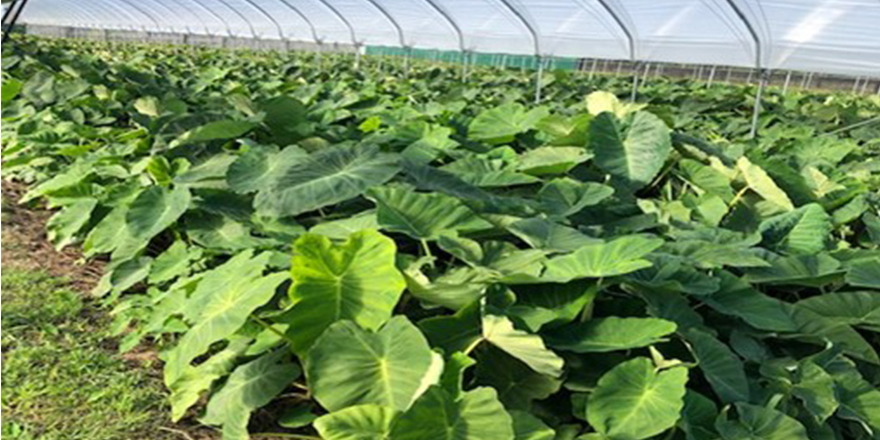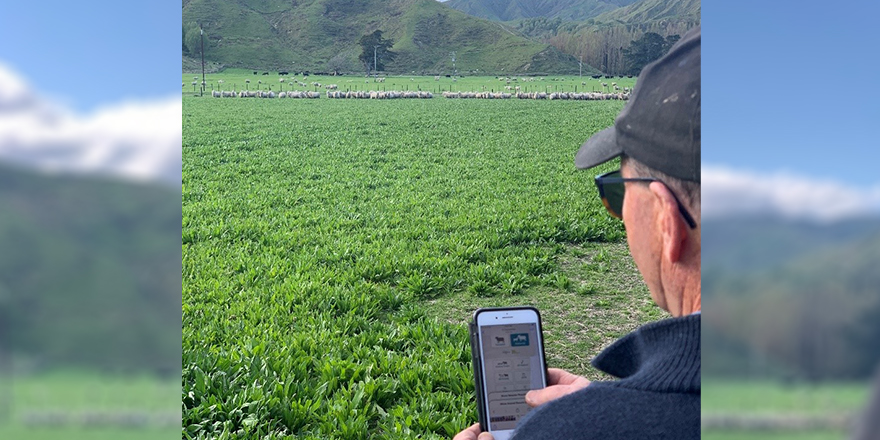
Executive summary
Family farming businesses make up a large proportion of agriculture production in New Zealand. The size and scale of these businesses have been steadily increasing. They have now become medium-scale businesses with large financial commitments and a mountain of compliance and regulation to contend with.
In the corporate world, the concept of governance is spoken about often, but how well is good governance understood in the family farming business, and, if required, could a better understanding of governance provide opportunities?
The research project’s first aim was to investigate what literature had already been researched about governance and its application in agriculture. Then the next aim was to understand what current family farming businesses understood of the concept of governance and whether it was being practised. The ultimate objective was to uncover if improved governance was something that family farming businesses required, and if so, how could it be implemented.
The methodology comprises a literature review to gain a deeper understanding of the concept of governance and how might it be applied in agriculture. From the literature, questions were raised to uncover the attitude and understanding of governance in family farming businesses. Semi-structured interviews were undertaken on family farming businesses and the answers and information gathered were analysed to find the key themes. These key themes identified were then reviewed in conjunction with the literature reviewed to explore possible solutions.
Key findings
- While agency theory is the oldest and most widely recognised theory of corporate governance it may not be applicable to family farming businesses as owners and managers are the same people.
- Resource dependency theory, stewardship theory and stakeholder theory are corporate governance models that uncover opportunities to help family farming businesses grow and thrive.
- Family farming businesses interviewed were only accountable to themselves and considered themselves the key people. They focused on management as opposed to governance and lacked documented plans for their businesses. They rely heavily on insurance as a contingency and have concerns about the future. Last but not least they need to see value from the cost of a third party helping with governance.
Recommendations
- A possible family farming governance model has been designed which is primarily based on resource dependency theory but also incorporates stewardship and stakeholder theories.
- The directors and shareholders of the family farming business (referred to as “Mum and Dad”) continue to run the business as good stewards.
- An advisory board is introduced which includes the accountant, vet and farm consultant already used by the business but with more structure.
- The Advisory board provides advice, counsel, and knowledge to “Mum and Dad” while in return, concerns, ideas, and intricacies of the management of the business are fed back up to the advisory board.
- Information is provided to stakeholders to keep them informed relative to where they fit into the business.
Bryce Devane




